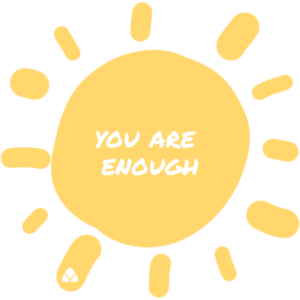Seasonal depression, also referred to as seasonal affective disorder (SAD) is a type of depression that’s related to changes in seasons – seasonal depression begins and ends at about the same time every year.
Symptoms typically begin in the fall and continue into the winter months, sapping your energy and making you feel moody. Seasonal depression is one of the most common forms of depression and can be triggered by shorter days and colder weather. The symptoms are similar to those experienced during any other type of depression:
- Feeling sad or hopeless
- Losing interest in things you normally enjoy
- Sleeping too much or having trouble sleeping
- Craving certain kinds of food (chocolate, for example)
- Feeling tired all day long, even when getting enough sleep at night
- Feeling like no matter how hard you try, something isn’t right
However, unlike other types of depression where these symptoms occur year-round, they tend to worsen during seasonal changes only among people experiencing seasonal depression. Seasonal depression is more common than major depression and lasts for shorter periods of time, but it can still be debilitating. Symptoms of seasonal depression tend to be milder than those of major depression, and typically ease in the spring.
Some people experience a serious mood change when the seasons change but don’t meet the diagnostic criteria for seasonal depression. This is often referred to as “subsyndromal SAD” or “winter blues.” Winter blues is a milder form of seasonal depression that affects about 8% of adults in North America. The symptoms are similar to those of seasonal depression, but not as severe, such as:
- Tiredness and lack of energy
- Oversleeping
- Overeating
- Feeling irritable
- Restlessness
- Craving carbs
Both seasonal depression and winter blues are more common in people who live in northern latitudes, where there are fewer daylight hours during winter months. Diminished exposure to sunlight is theorized to be a major cause of seasonal depression. A decrease in sunlight can lead to lower levels of serotonin, which regulates mood.
So, we’re sending little virtual sunlight your way this winter…

And if you are in need of emotional support, please don’t hesitate to reach out. Whether your symptoms are severe, less severe, or if you had a bad day, we’re here to help.
For free, confidential support, text or call 988 or chat online at 988lifeline.org/chat.
To have Mobile Crisis Response dispatched anywhere in Johnson or Iowa County, please call Your Life Iowa at 855-581-8111 and ask for mobile crisis.